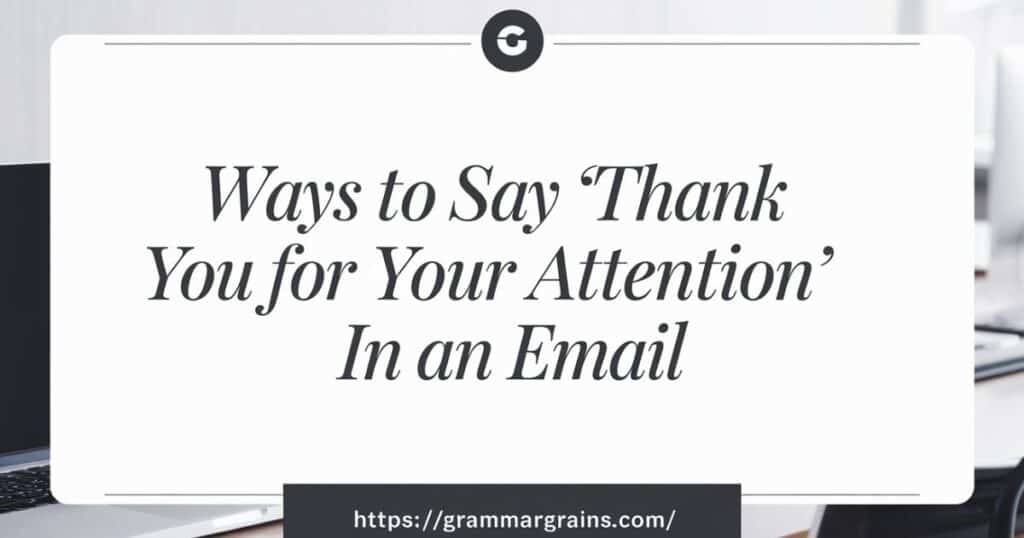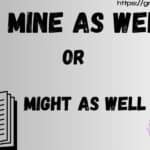Expressing gratitude is a key aspect of professional communication, and phrases like “Thank you for your attention” play a significant role in leaving a lasting impression.
But what if you’ve grown tired of using the same phrase over and over? Are there better ways to express your gratitude while keeping things fresh?
The Importance of Expressing Gratitude in Professional Communication
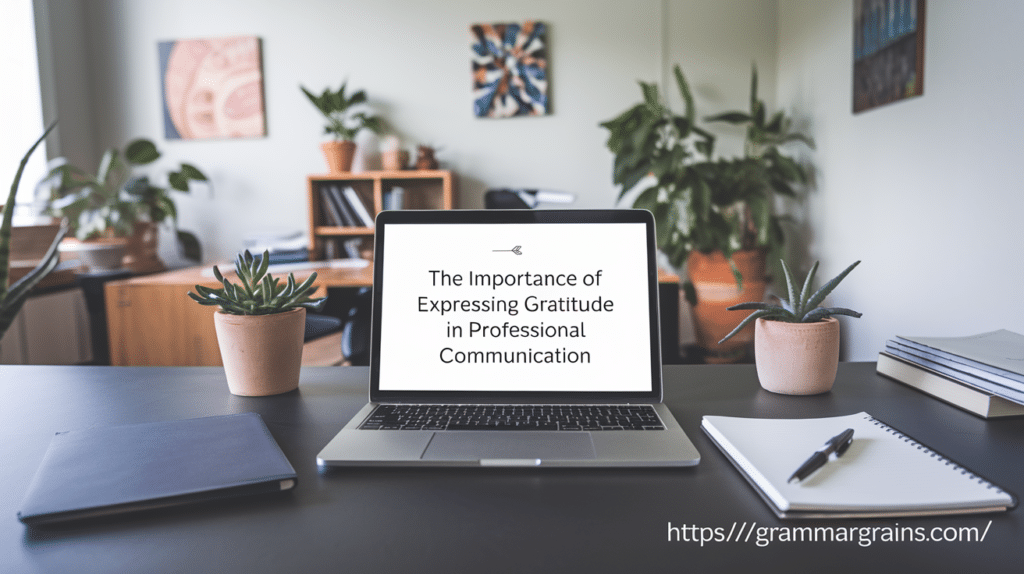
Saying thank you is more than just polite—it’s an essential part of building rapport in your professional life.
Showing appreciation fosters goodwill and encourages engagement.
Whether you’re thanking someone for their time, effort, or insights, it demonstrates respect and strengthens relationships.
When you express gratitude, it’s like planting seeds of trust and goodwill that grow over time, leading to collaboration and mutual respect.
These small gestures can significantly influence how others perceive you and your professional demeanor.
For example, consider a scenario where you’ve sent a marketing proposal to Ms. Smith.
Concluding with, “Thank you for your attention to this matter,” conveys respect for her role and effort in reviewing the document.
It’s not just about politeness; it’s about reinforcing the importance of the recipient’s contribution to your work.
This simple phrase can have a significant impact on how your message is perceived.
Moreover, it signals that you value their input, which can encourage them to take your request seriously and respond positively.
Why “Thank You for Your Attention” Matters in Emails and Presentations
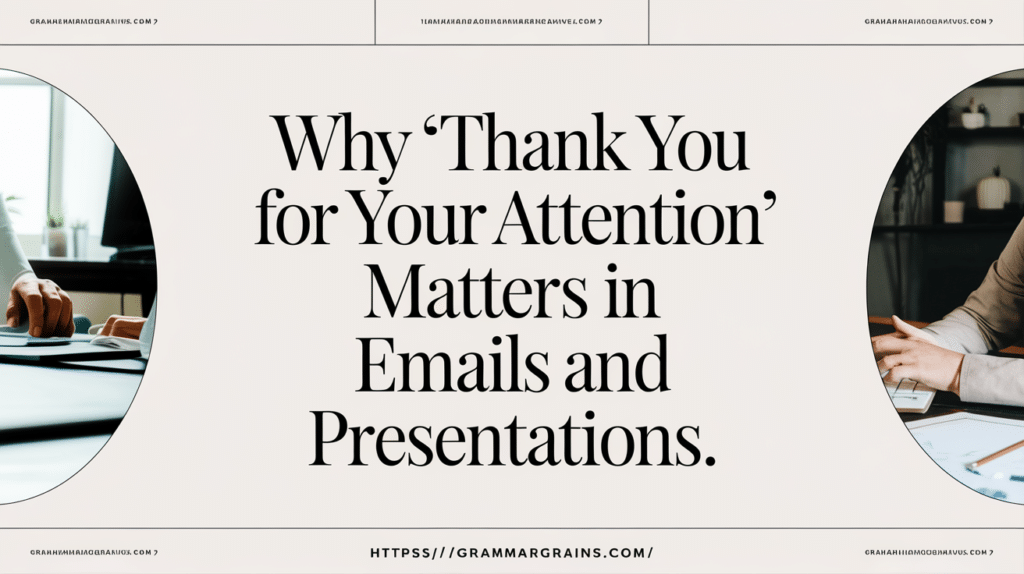
In email communication, words like “Thank you for listening” or “I appreciate your time” make your messages feel personal and courteous.
This holds true for presentations, where gratitude ensures you leave a positive impression on your audience.
When you take the time to thank your audience or recipients, you create a sense of mutual respect that encourages openness and collaboration.
Committee members, for instance, are more likely to engage if you acknowledge their focus on your topic.
Using gratitude effectively in professional settings enhances your credibility. It’s a small gesture with substantial benefits, helping you foster connections and influence perceptions. By expressing thanks, you also humanize your communication, making it more relatable and approachable. Gratitude, when paired with genuine content, ensures your message resonates and leaves a lasting impression on your audience or readers.
Understanding “Thank You for Your Attention”
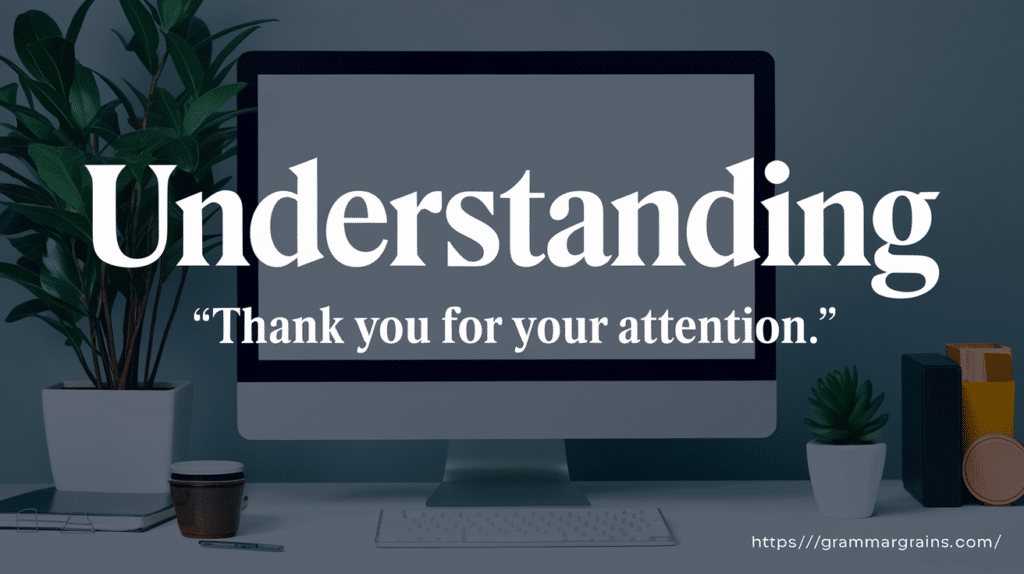
What Does “Thank You for Your Attention” Mean?
The phrase “Thank you for your attention” conveys appreciation for someone’s focus and effort.
It’s often used in formal communication, such as presentations or professional emails, to acknowledge that the recipient has taken the time to engage with your message.
For example, saying this at the end of a client presentation reflects professionalism.
This expression is particularly powerful because it underscores the importance of the listener’s or reader’s engagement, which is often the cornerstone of effective communication.
By recognizing their attention, you validate their effort and interest, reinforcing the value of the interaction.
Is It Professional to Say “Thank You for Your Attention”?
Yes, it’s a highly professional and polite phrase.
Whether addressing Dr. Patel or a hiring manager like Mr. Thompson, this expression fits well in formal settings.
However, consider the tone of your message.
For casual emails, you might use simpler alternatives like “Thanks for your attention.”
In formal contexts, this phrase helps you maintain a tone of respect and professionalism. It also signals that you appreciate their time, which can be particularly impactful when addressing high-level professionals or stakeholders who have busy schedules.
Is It Appropriate to End a Presentation with “Thank You for Your Attention”?
Ending a presentation with “Thank you for listening” or “I appreciate your attention” leaves a lasting impact.
It’s a professional closure that acknowledges the audience’s engagement.
For example, a project update to Committee Members might conclude with this phrase, emphasizing respect and professionalism.
Such a conclusion not only reinforces your gratitude but also creates a positive emotional connection, making your presentation more memorable and impactful.
It’s a subtle yet powerful way to show that you value your audience’s time and contribution.
Synonyms and Alternatives for “Thank You for Your Attention”
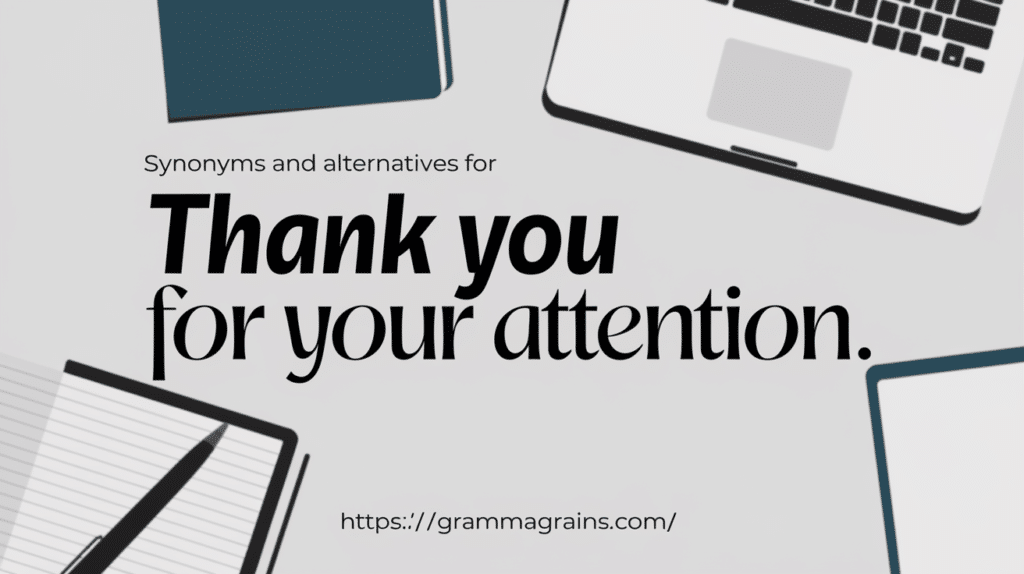
Synonyms for “Thank You for Your Attention”
If you’re looking for professional alternatives, consider these:
- “I appreciate your time.”
- “Thanks for your attention to this matter.”
- “Your attention to this is much appreciated.”
These alternatives can be used in various contexts, depending on the tone and formality of your communication.
By varying your expressions, you can maintain engagement and avoid sounding repetitive.
Each of these phrases carries a slightly different nuance, allowing you to tailor your message to suit the situation and your audience’s expectations.
10 Common Ways to Say “Thank You for Your Attention”
- “Thank you for taking the time.”
- “I appreciate your focus on this matter.”
- “Thanks for giving this your attention.”
- “Your attention to this is invaluable.”
- “I’m grateful for your focus on this.”
- “Thank you for your consideration.”
- “Thanks for hearing me out.”
- “I’m thankful for your time.”
- “Your engagement is much appreciated.”
- “I value your attention.”
Each of these options offers a slightly different way to express gratitude, making them versatile tools for professional communication.
Depending on the context, you can choose the phrase that best aligns with your message and the level of formality required.
25 Additional Alternatives to Express Gratitude
| Tone | Alternative Expressions |
|---|---|
| Formal and Polite | “Your attention is greatly appreciated.” |
| “Thank you for reviewing this.” | |
| Casual | “Thanks for tuning in.” |
| “Appreciate your time on this.” | |
| Context-Specific | “Your focus during the discussion was invaluable.” |
| “Thank you for considering my feedback.” |
These alternatives provide flexibility, allowing you to adapt your expression of gratitude to the specific situation and audience.
By using context-appropriate language, you enhance the effectiveness and impact of your communication.
Alternative Ways to Say “Thank You for Your Attention” in Emails
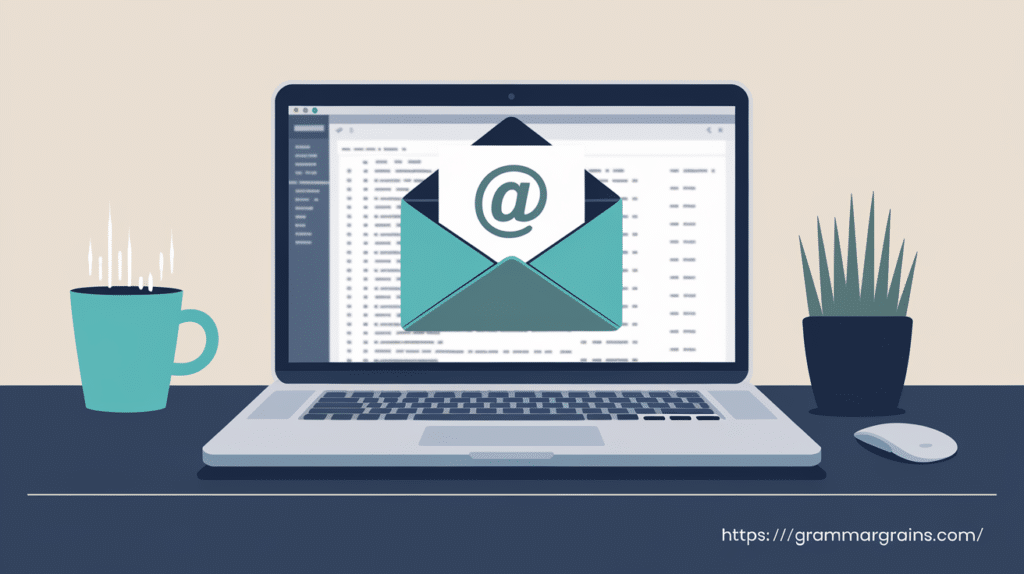
When writing professional emails, your tone should match the context.
For example:
- In a feedback request: “Thanks for your attention to this matter.”
- For project updates: “Your engagement with this project is appreciated.”
- After a marketing proposal: “I appreciate your time reviewing this.”
Tailoring your gratitude to the specific context ensures that your message resonates and feels genuine.
It also demonstrates your attentiveness to the recipient’s role and contributions, further strengthening your professional rapport.
Responding to “Thank You for Your Attention”
Acknowledging gratitude with thoughtful responses is equally important.
For example:
- Ms. Smith could reply: “I appreciate your detailed insights.”
- Dr. Patel might say: “Your effort is recognized and valued.”
A courteous response enhances collaboration and builds mutual respect.
By acknowledging gratitude, you reinforce the positive dynamics of the professional relationship, creating a foundation for continued engagement and mutual support.
Exploring Related Expressions
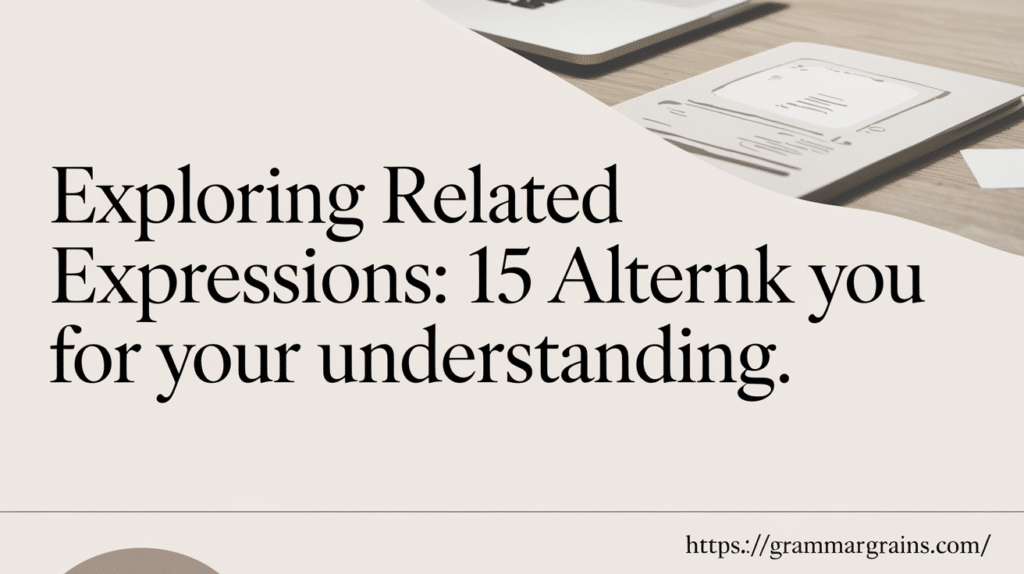
Alternatives to “Thank You for Your Understanding”
- “I appreciate your flexibility.”
- “Thanks for your patience.”
- “Your cooperation is invaluable.”
Each of these alternatives serves a specific purpose, allowing you to express gratitude in situations that require understanding, patience, or flexibility.
By choosing the right phrase, you can ensure your message resonates and feels appropriate to the context.
Comparing “Thank You for Your Understanding” vs. “Thank You for Your Attention”
While both phrases show gratitude, the former acknowledges empathy, while the latter focuses on attentiveness.
For example, use “Thank you for your understanding” in cases of delays, but opt for “Thank you for your attention” during a client presentation.
This distinction helps ensure your message is clear and aligned with the situation, enhancing its effectiveness and impact.
Expert Tips

Boosting Professional Relationships Through Gratitude
Gratitude can transform email communication. By using phrases like “I value your attention,” you build trust and foster goodwill.
Personalized touches, such as referencing specific efforts (e.g., “I appreciate your detailed review”), make your messages memorable. These small yet impactful gestures go a long way in strengthening professional relationships, as they show that you genuinely value and acknowledge the other person’s contributions.
Mistakes to Avoid When Using Gratitude Phrases
Avoid overusing generic expressions. Repeating “Thank you for your attention” excessively can dilute its impact.
Instead, diversify with context-specific alternatives like “Your focus on this matter means a lot.”
Ensure your tone matches the situation, balancing professionalism with authenticity.
Over time, thoughtful communication builds a reputation of respect and attentiveness, essential traits in any professional setting.
Conclusion
Gratitude is the foundation of meaningful professional communication. Whether ending an email with “Thank you for your attention” or choosing professional alternatives, your words leave a lasting impression.
By tailoring your tone to the context, you ensure your message resonates. Always aim for sincerity and clarity, and watch as your professional relationships flourish. By integrating gratitude into your communication, you not only enhance your own credibility but also foster an environment of mutual respect and collaboration.
FAQs
Q: Can I use casual phrases like “Thanks for listening” in work emails?
A: Yes, if the tone of the email allows for informality, such as with close colleagues.
Q: What’s the best way to thank someone in a formal presentation?
A: Use “I appreciate your attention” or “Thank you for your consideration” for a respectful tone.
Q: Are gratitude phrases necessary in every email?
A: While not mandatory, they’re highly recommended for building rapport and showing respect.

Taila Lucy, an expert content writer at Grammar Grains, brings 4 years of experience crafting engaging pieces on grammar. Her work delves into synonyms, antonyms, slang, puns, and poetry, helping readers master English with creativity and flair.
